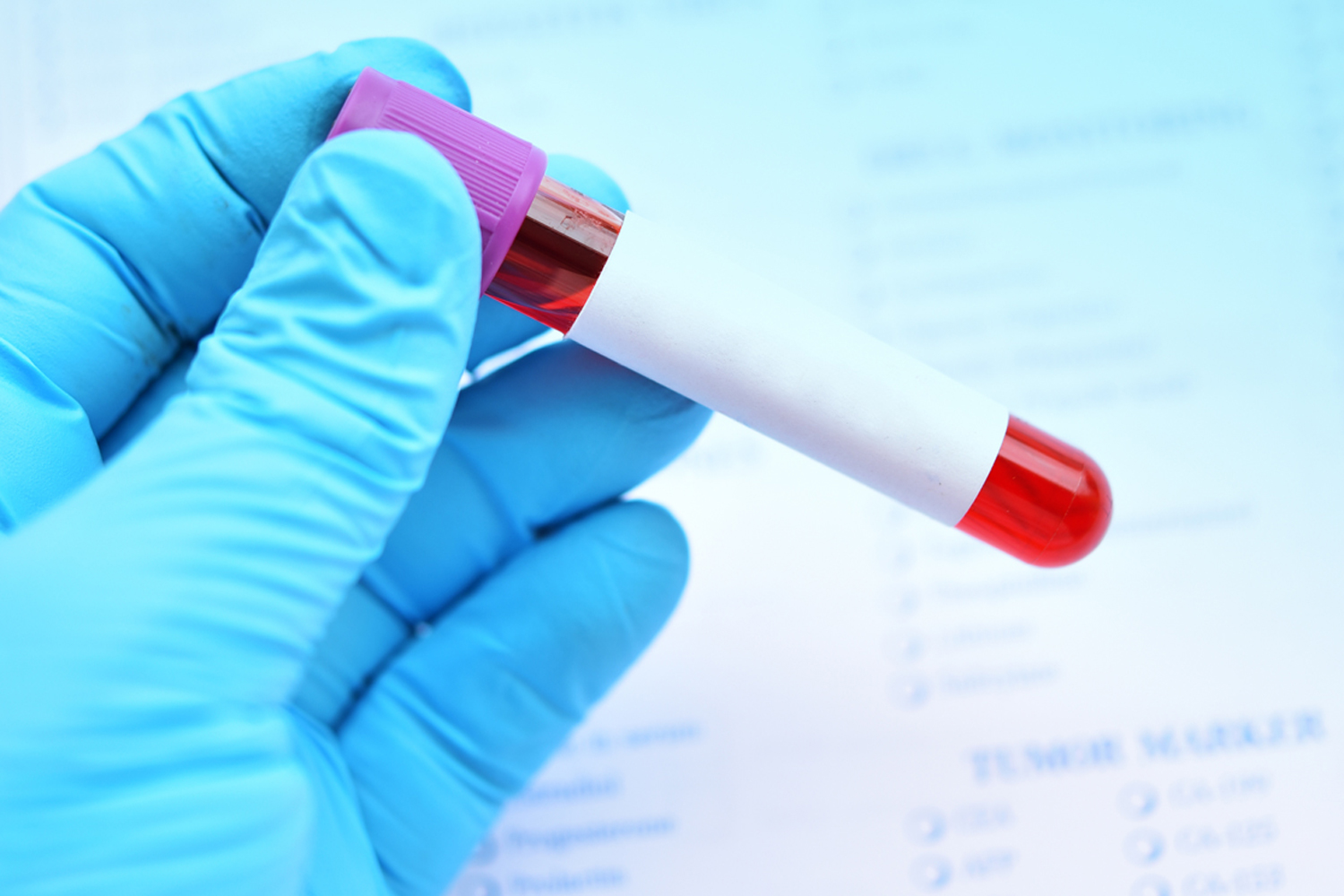MANY PATIENTS who have successful surgery to remove melanoma may also receive a type of immunotherapy, called an immune checkpoint inhibitor, that can lower the risk of cancer coming back after treatment. Immunotherapy uses the body’s own immune system to attack and kill cancer cells. This therapy has led to lasting remissions in some patients. Immunotherapy comes with risks, however, including high-grade adverse effects, such as heart inflammation or myocarditis, that can be fatal.
A study published Sept. 15, 2022, in Clinical Cancer Research suggests a blood test that measures certain antibodies could help predict the risk of cancer recurrence and treatment-related side effects from this type of immunotherapy, so physicians can better choose among immune checkpoint inhibitors.
The study looked at autoantibodies, proteins produced by the body that are directed against a person’s own immune cells. The presence of the autoantibodies has also been associated with toxicities in patients taking immunotherapies. This study analyzed the presence of groups of autoantibodies in melanoma patients’ blood prior to treatment, using data from two phase III trials that tested the effectiveness of immune checkpoint inhibitors Opdivo (nivolumab), Yervoy (ipilimumab), or Opdivo and Yervoy together.
The researchers discovered different autoantibody signatures in the blood were able to signal the risk of cancer recurrence and side effects for each of the drugs. The test could one day help doctors choose among treatments, based on each patient’s predicted recurrence and toxicity risk results. If the test becomes available, “clinicians could use those tests to weigh the risk-benefit of different therapeutic options better,” says Iman Osman, a medical oncologist at NYU Langone Health’s Perlmutter Cancer Center in New York City and senior author of the study. Osman notes that autoantibody signatures could also be relevant in testing patients treated with immunotherapy for other cancers, not just melanoma.
Cancer Today magazine is free to cancer patients, survivors and caregivers who live in the U.S. Subscribe here to receive four issues per year.





